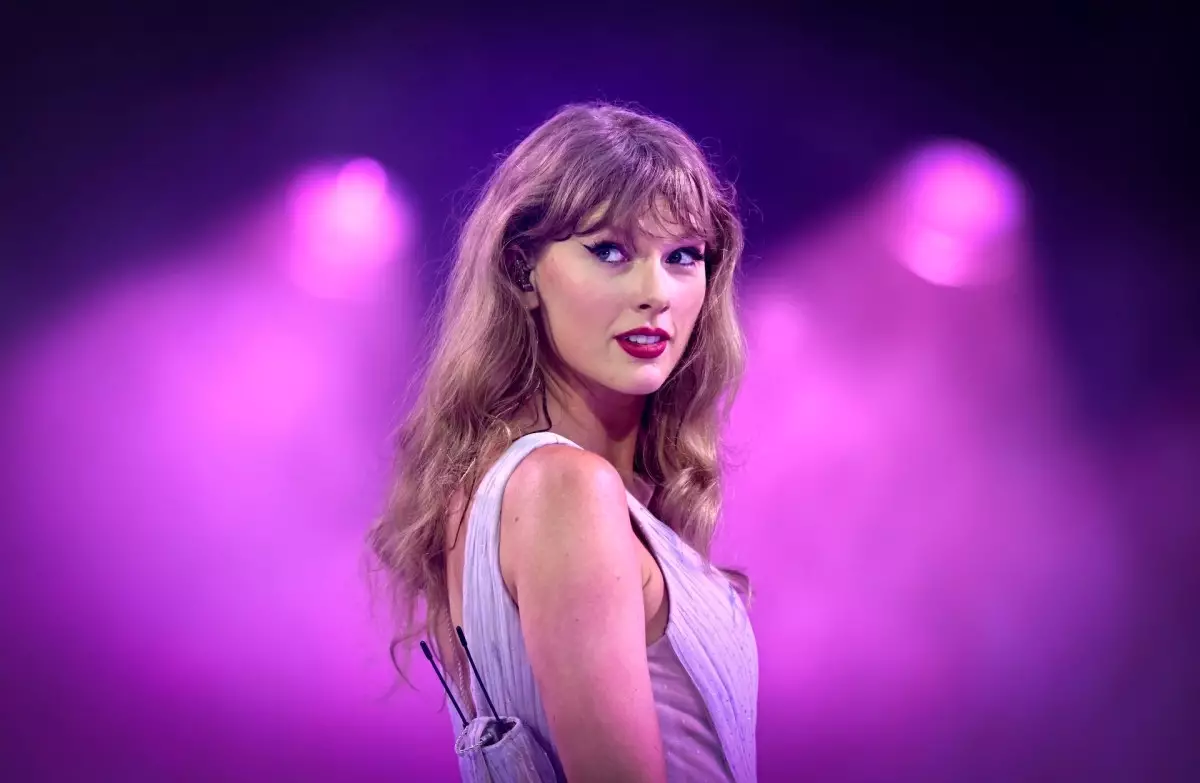Taylor Swift, a prominent figure in American pop culture, recently made headlines by announcing her endorsement of Kamala Harris in the upcoming presidential election. Swift’s influence in the political landscape is undeniable, as she has the power to mobilize thousands of Americans simply by sharing her opinions on social media. Her endorsement holds significance not only for Harris’s campaign but also in raising awareness about the importance of voting.
In addition to her endorsement, Swift expressed her concerns about AI deepfakes in her announcement. She revealed that an AI-generated video of her endorsing Donald Trump was circulating online, highlighting the dangers of misinformation and the need for transparency in the political discourse. Celebrities like Swift are particularly vulnerable to deepfakes, as sophisticated AI technology can manipulate existing photos and videos to create convincing fake endorsements.
The prevalence of fake AI endorsements has extended beyond political campaigns, with even popular TV shows like “Shark Tank” issuing warnings about impersonation scams. Swift herself has been a target of nonconsensual AI-generated content, leading to discussions among lawmakers about regulating such harmful practices. The involvement of celebrities in cases of deepfakes often attracts more attention from legislators, as their stories can shed light on the broader implications of AI manipulation.
As the presidential election approaches, concerns about the influence of deepfakes on public perception are growing. The current legislative framework in the U.S. is ill-equipped to address the spread of misinformation through social media platforms. With advancements in AI technology, the lines between reality and fiction are becoming increasingly blurred, making it difficult for voters to discern truth from falsity in political communications.
Experts suggest that legal actions, such as suing under the recently enacted ELVIS Act, could be a potential recourse for individuals like Swift who fall victim to deepfake exploitation. However, the lack of legal precedent and the slow pace of legislative change pose significant challenges in combating the misuse of AI technology. The bipartisan NO FAKES Act has been proposed as a promising measure to address deepfake issues, but concrete legislative reforms may not materialize before the election.
As AI continues to play a significant role in shaping political narratives and public opinion, individuals and policymakers must remain vigilant against the spread of misinformation through deepfakes. The case of Taylor Swift’s endorsement and concerns about AI manipulation serve as a reminder of the urgent need to regulate the use of AI technology in ways that safeguard the integrity of democratic processes. By prioritizing transparency, accountability, and ethical practices, society can work towards building a more resilient and trustworthy political environment in the digital age.

